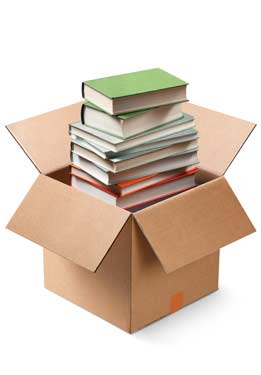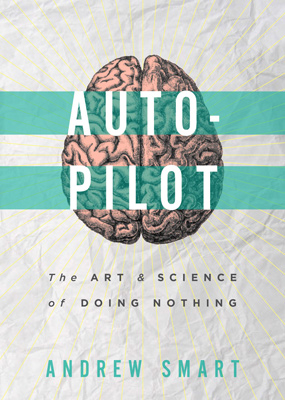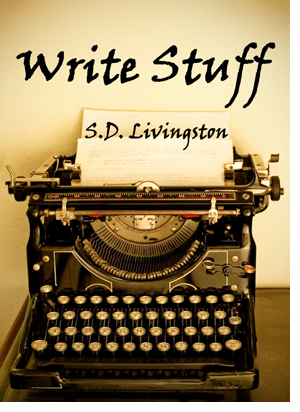 Could you let someone else select the books you read? According to a recent article in Maclean’s magazine, some customers of a Toronto bookstore are doing just that. Last year, the “Monkey’s Paw” second-hand bookstore installed a machine that dispenses random books for $2 each. Clearly intended to move less-worthy stock, customers nevertheless are enjoying some idiosyncratic reading that they might otherwise have overlooked. Dedicated customer Vincent Lui bought a book from the machine each week and wrote about the experience in his Random Book Machine blog.
Could you let someone else select the books you read? According to a recent article in Maclean’s magazine, some customers of a Toronto bookstore are doing just that. Last year, the “Monkey’s Paw” second-hand bookstore installed a machine that dispenses random books for $2 each. Clearly intended to move less-worthy stock, customers nevertheless are enjoying some idiosyncratic reading that they might otherwise have overlooked. Dedicated customer Vincent Lui bought a book from the machine each week and wrote about the experience in his Random Book Machine blog.
Many readers already allow some external control over their book choices. They listen to friends’ recommendations, peruse best-seller lists, or sift through the recent returns cart at the library. Ultimately, though, the reader makes the final decision. Leisure reading is a personal endeavour, after all.
Consider, though, that readers usually select books which appeal to their own interests. By doing so, they are limiting themselves to their current pursuits. How can you broaden your mind without allowing your imagination to travel off the beaten path?
You may find your own interests, well, interesting, but what else is out there that might inspire you? How will you find the spark of something new unless it lands in your lap? In her best-selling book The Happiness Project, Gretchen Rubin describes purchasing several random magazines to broaden her mind. Closing her eyes, she blindly pointed to a magazine rack then purchased whichever magazine was at the end of her finger. Then she read the whole magazine, whether it was on horse breeding, paper craft, or religion. Consider that there are thousands of topics of which you know nothing?random reads can work to reduce that number.
Selecting books or magazines at random is good brain exercise. It’s not quite as challenging as learning a new language, but reading on a new subject, or in an unfamiliar genre, is certain to make your mind work a bit harder. Any new learning exercises your mind and broadens your horizons. Books on fungi or urban architecture may sound unappealing but could make your next woodland or city walk more stimulating. Exploring new territories can awaken the mind.
Reading at random might make you a more interesting person. Are your co-workers and loved ones yawning when you speak? Maybe they’re just a little weary of hearing about your passion for physics, or fishing, or whatever it is that you tend to talk most about. Broadening the scope of books you read will give you more varied topics to expound on. Having more subjects on which you can confidently speak also means you can talk to a wider range of people?you’re sure to find some interest in common.
If your local bookstore doesn’t have a Biblio-Mat book machine like the one at the Monkey’s Paw, there are other ways to randomize your reading. At bookstores, buy whatever the person in front of you in line is buying. Pledge to read whichever book is in the number 11 slot on the best seller list each month. Before entering a library or bookstore, decide in advance to pick the fourth book on the fourth shelf in the fourth row.
Need to be more methodical? Buy a book about books, such as The Torchlight List by Jim Flynn, The Well-Educated Mind by Susan Wise Bauer, or, if you’re ambitious, 1001 Books You Must Read Before You Die by Peter Boxall, and get busy. Browse online lists posted by readers on Goodreads or subscribe to an online book club. (I often enjoy the appropriately-named “eccentric pick” from Gretchen Rubin’s monthly book club choices.)
Like making a random turn on a country drive, choosing a random read may lead you to unexpected delights and serendipitous discoveries. Or, who knows? You could become the star player on trivia night.

